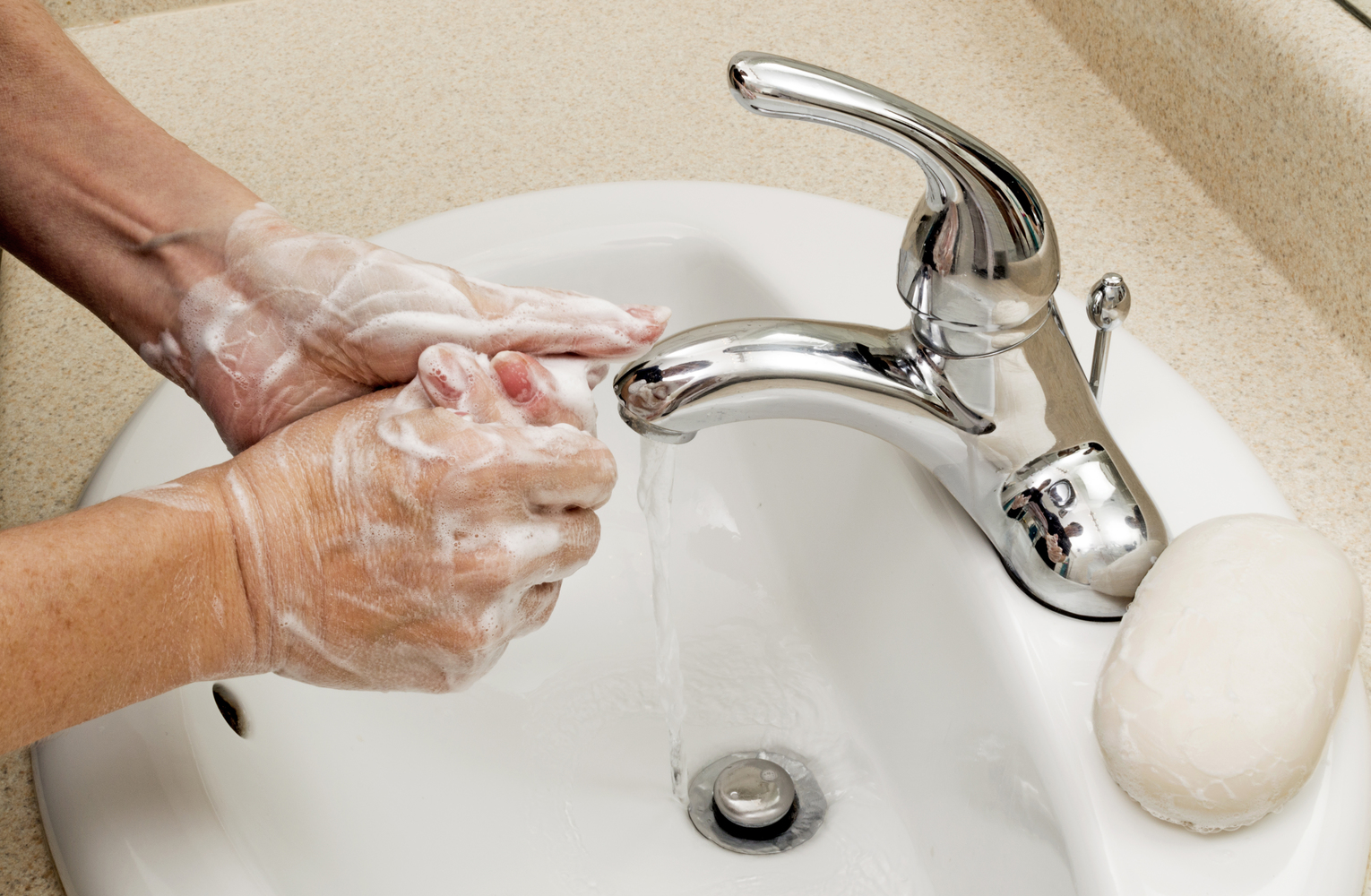
Soaps That Trigger Eczema
Eczema is an umbrella term given to a group of conditions that make the skin itchy, inflamed, or trigger the appearance of rashes. Some of the most popular types of eczema include atopic dermatitis, contact dermatitis, and seborrheic dermatitis. While eczema is not contagious, it can start at any stage in life with mild to severe symptoms.
Certain soaps may trigger eczema symptoms if used for washing. Here are a few of them and their effects on eczema prone skin:
1. Antibacterial soaps
While antibacterial soaps may be good in theory, some may pose some risks to people with eczema. Many of the brands add triclosan as one of the active ingredients. This agent may irritate damaged, sensitive skin, and children’s skins. Some soaps have harsher chemicals that strip the skin of the little oil that is left on the scary patches, making the user feel itchy. For people with eczema, regular soap works well.
2. Strong fragrance soaps
The fragrance is added to soaps to make you smell great when you leave the shower. However, the National Eczema Association (NEA) estimates as many as 15% of eczema patients suffer from some form of fragrance allergy. Most fragrances used in soaps are petroleum by-products such as toluene, benzene derivatives, and aldehydes. These ingredients may cause an adverse reaction on sensitive skin, such as the case for eczema patients.
3. Soaps containing methylchloroisothiazolinone (MCI) and methylisothiazolinone (MI)
Methylchloroisothiazolinone (or MCI) and methylisothiazolinone (or MI) are some of the most popular products used to preserve personal care products. They help stop the growth of fungi and bacteria, as well as the breakdown of the product in question. However, these synthetic additives are harsh to sensitive skin. They may cause irritation, leading to the following symptoms: flakiness, itchiness, and redness on the areas applied, especially hands and face. It is good to check the label to determine if these preservatives are present.
4. Soaps with propylene glycol
The America Contact Dermatitis Society named propylene glycol the allergen of the year in 2018. This substance is used as a moisturizer. It is also a strong emulsifier that helps blend other ingredients. Therefore, you are likely to find various skincare products, cosmetics, and topical medications. Unfortunately, it can cause irritation and burns to your skin even if you are not allergic to it. If you have been applying topical medication or cream to your eczema spots and feel some burning sensation, this could be the source of the discomfort.
5. Soaps with cocamidopropyl betaine
There is a general myth that every ingredient derived from coconut is safe. However, cocamidopropyl betaine, which is derived from the oil, may not be safe for sensitive skin. The ingredient is a surfactant used as a foaming agent in shampoos, facial cleansers, soaps, and bath gels. It helps clear the skin of dirt and oil. However, if you have sensitive skin or suffer from dermatitis, it may cause flaking and redness, especially on sensitive areas around the eyes, scalp, ears, and mouth.
6. Soaps with botanical oils
Botanical oils are derived from plant parts such as the bark, seeds, leaves, and flowers. They have bioactive elements that help heal the skin, nourish it, or protect it from the elements of weather. Most manufacturers will list the names of essential oils in the soap besides other ingredients. However, depending on the kind of eczema you are suffering from, you may have allergic reactions to such botanical oils as tea tree oil, lavender, lemongrass, clove, and peppermint.



